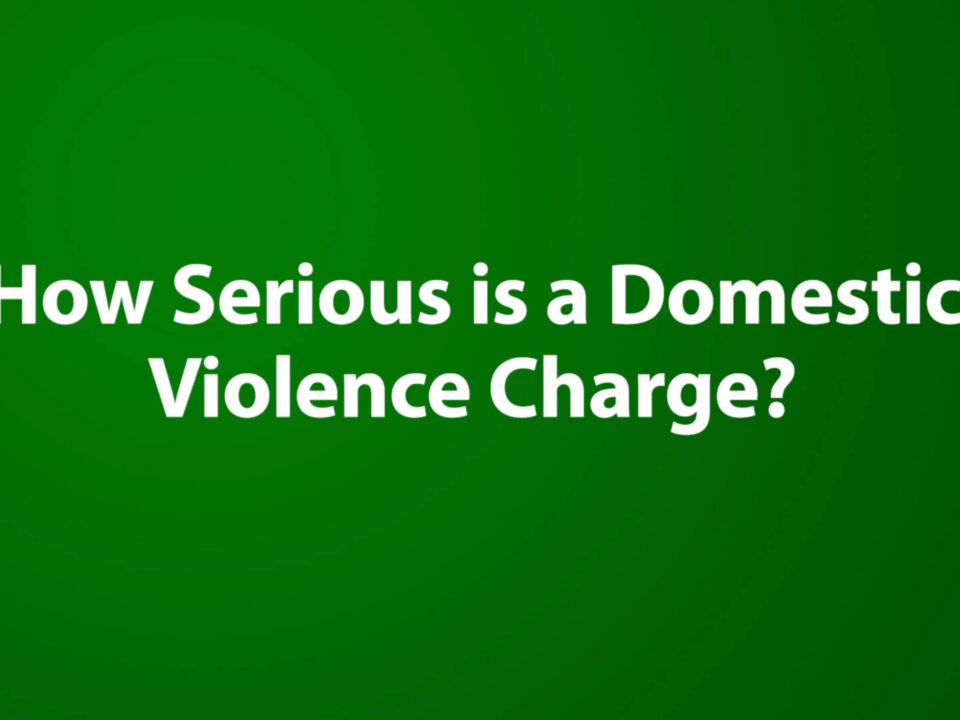
A judge in Minnesota recently recognized a rarely used legal defense by allowing climate activists to use the necessity defense. These three activists were arrested and charged with felonies in 2016 after shutting down an overland pipeline. The activists argued that the pipeline company violated the law to protect citizens from the dangers presented by global warming and that no viable alternative existed. This ruling marks the third most recent case in which a United States judge has recognized the necessity defense in a climate case. The action of these activists was part of a multi-state protest by the Climate Direction Group to protest the use of tar sand crudes in the United States.
The Role of the Necessity Defense in the Case
The necessity defense is most often used in the case of individuals who intentionally commit crimes to prevent immediate threats of harm. The judge who recognized the defense noted that the necessity defense must show that substantial harm would have resulted if the law was followed and that a direct link existed between breaking the law and preventing the harm that would have otherwise occurred. The judge noted that allowing the necessity defense, in this case, symbolized a larger social awakening about the great harms posed by climate change.
The Law Behind the Necessity Defense
The necessity defense states that a criminal act was justifiable because the alternative threat would have caused more harm. To assert the necessity defense, a person must prove that the defense satisfies several requirements, which include:
- Reasonable Belief of Threat: The person raising the defense must have reasonably believed that a threat existed that necessitated immediate action. For example, when a person is driving a motor vehicle and the brakes fail while transporting passengers. The driver is faced with the immediate threat of the car losing control.
- Reasonably Apparent Threat: The threat must be reasonably apparent to a person and not a subject threat. This means that a reasonable person would agree that a car that has lost its brakes is at risk of harming its passengers.
- No Reasonable Alternative: There must be no reasonable alternative to performing the criminal act.
- Balancing Threats: The harm caused must not be greater than the harm that was avoided.
- No Contribution: The person raising the defense must not have contributed to the threat that was posed. As a result, a person cannot drive a vehicle whose brakes fail and claim the necessity defense if that person was aware that the vehicle’s brakes were failing and did not pursue proper vehicle maintenance.
A person must be able to satisfy each of these elements to raise the necessity defense.
Obtain the Services of an Experienced Criminal Defense Attorney
The necessity defense is rarely used, but a seasoned criminal defense lawyer will be able to analyze the facts of your case and make a determination about the best way to proceed. If you or a loved one is charged with a criminal offense in the state of Minnesota or North Dakota, do not hesitate to contact experienced criminal defense attorney Tatum O’Brien at O’Keeffe O’Brien Lyson Foss. Call 701-235-8000 or 877-235-8002 today.



